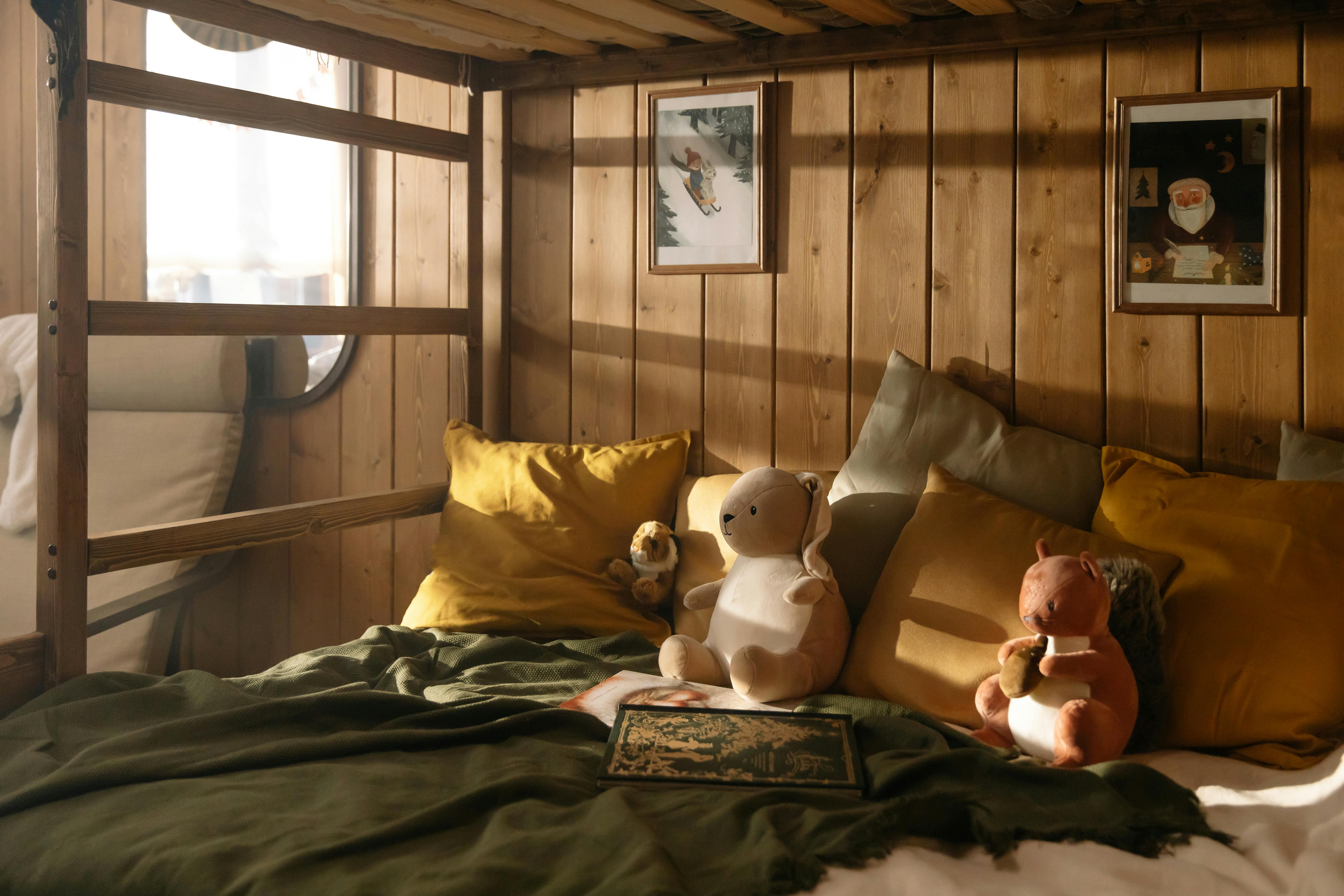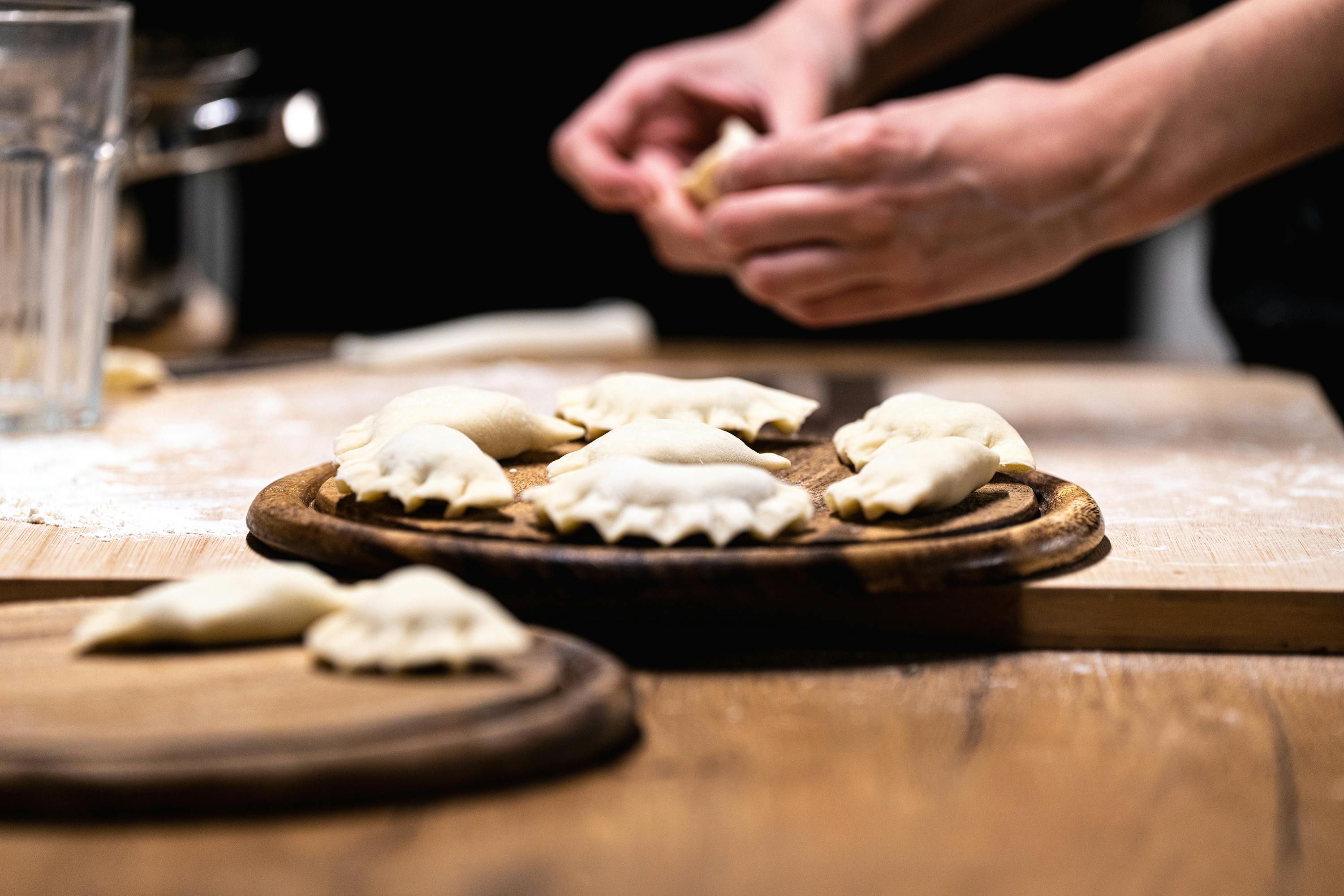
Smart Guide to Choosing the Best Parrot Cages for 2025
If you are a parrot owner, selecting the right parrot cages is crucial for your feathered friend's health and happiness. In this comprehensive guide, we will walk you through the key factors to consider when choosing the best cage for your parrot, ensuring its safety, comfort, and overall well-being.

Understanding Parrot Needs in Their Habitats
When considering suitable parrot habitats, it's important to understand their natural behaviors and environmental requirements. Parrots are intelligent, social creatures that thrive on interaction and mental stimulation. The best parrot cages will provide enough space for movement and activities, such as climbing and playing. Each species of parrot has different needs based on their size and behavior, so it's critical to research the specific requirements for your bird.
Choosing the Right Size
The dimensions of the cage are one of the most vital factors when selecting a suitable home for your bird. A spacious parrot cage allows for adequate space to stretch their wings and play. For large parrots, the cage should be tall and wide to accommodate their need for vertical space. Small or medium-sized parrots will be comfortable in smaller indoor bird cages, but they still require certain dimensions to move freely. Make sure to factor in the space needed for your parrot accessories, including toys and perches.
Look for Safe Materials
When searching for durable bird cages, prioritize materials that are safe for your parrot. Popular options include stainless steel, powder-coated metal, and non-toxic plastics. Avoid cages with harmful coatings or easily chewable components that might pose risks. Your bird's health should always take precedence, so learn about parrot safe materials before making a purchase.
Multi-Level and Play Areas
A multi-level bird cage offers versatile living spaces for your parrot. Parrots are active and curious; multi-level cages provide opportunities for exploration and physical activity. Additionally, integrating **parrot play stands** and dedicated play areas within or outside the cage can further benefit their health by promoting exercise and minimizing boredom. These interactive spaces will help your parrot develop a positive environment essential for their emotional well-being.
Finding Affordable and Quality Bird Cages
Just because you're on a budget doesn't mean you have to compromise on the quality of bird cages. Many brands offer affordable yet durable options for parrot owners. Look for customer reviews and ratings to identify reputable manufacturers that provide affordable parrot supplies without sacrificing safety and comfort.
Researching and Comparing Options
Make use of online platforms and resources, such as this site for comprehensive reviews and comparisons of various parrot cages. Pay attention to the materials used, features, and sizes available. Using reliable resources helps you make an informed decision tailored to your parrot's specific needs.
Consult with Professionals
Consider reaching out to avian vets, bird breeders, or pet supply experts to share insights and tips about finding the best parrot habitats. They can provide invaluable knowledge about safe standards and recommendations for parrot breeding cages, which is particularly useful if you're considering breeding.
Utilizing Bird Care Tips for Cage Maintenance
Maintaining a clean and healthy environment is essential. Invest in cage cleaning tools and dedicate time for regular cleaning, focusing on maintaining hygiene and safety for your feathered friend. Keeping surfaces clean and providing fresh food and water will contribute to your parrot's overall happiness and longevity.
Enhancing Your Parrot's Environment
Comfort and emotional well-being of parrots can be greatly improved through thoughtful design and enrichment within their parrot habitats. Elements such as toys, perches, and environmental enrichment can significantly contribute to the mental health of your parrot.
Interactive Toys and Accessories
Select a range of parrot play gym and engaging toys that cater to your bird's curiosity. Use parrot toys that challenge their intelligence and allow them to explore new activities. Also, look for enrichment toys that promote natural behaviors like foraging and problem-solving. Combine different types of toys to maintain variety and keep your parrot excited.
Importance of Parrot Socialization
Social interaction is vital for your bird's emotional health. Encourage parrot socialization through playdates or by engaging in regular interaction yourself. The environment should support bonding, both among humans and potentially other birds, creating a sense of comfort and companionship for your parrot.
Creating a Peaceful Environment
Ensure your parrot's cage is in a calm location in your home, away from loud noises or constant disturbances. Choose a **bird cage cover** that can help create a peaceful sleeping atmosphere. A quiet, comfortable space will help your parrot rest and feel secure, improving their overall health and happy life.
Key Takeaways
- Choose the right size and material for your parrot cage, focusing on what is safe and comfortable.
- Consider a spacious, multi-level design to promote enrichment and interaction.
- Maintain strong cleaning habits to ensure a healthy living environment.
- Utilize toys, social interactions, and a calm environment to enhance your parrot's mood.
- Research and compare various brands and seek expert advice to find quality options for your budget.
FAQ
1. What materials should I avoid in parrot cages?
Avoid cages made from materials that contain toxic coatings or harmful particles. Look for high-quality materials such as stainless steel or powder-coated metal. Ensure any painted surfaces are free from lead and other harmful substances, prioritizing your bird's health.
2. How can I measure the right size for my parrot's cage?
To find the right size, consider your parrot's species and size. Generally, a good rule of thumb is a cage that is taller than it is wide for larger birds. Use the **suitable cage sizes** guide available from avian experts or on pet care websites to get a more accurate dimension recommendation for your specific parrot.
3. How often should I clean my parrot's cage?
It is essential to clean your parrot's cage at least once a week. However, spot clean daily by removing droppings and uneaten food to ensure a healthy and hygienic living space. Regular cleaning reduces bacteria and prevents illness.
4. Can I keep different species of parrots in the same cage?
It's generally recommended that you do not keep different species together unless they are specifically known to be compatible. Each species may have different behaviors and territorial issues. Research "multi-species bird cages" and consult avian experts before making introductions.
5. What are some recommended toys for parrots?
Look for toys that encourage mental stimulation and exercise, such as foraging toys, puzzles, hanging swings, and climbing structures. Ensure they are designed to be safe and non-toxic, enhancing your parrot's environment positively.